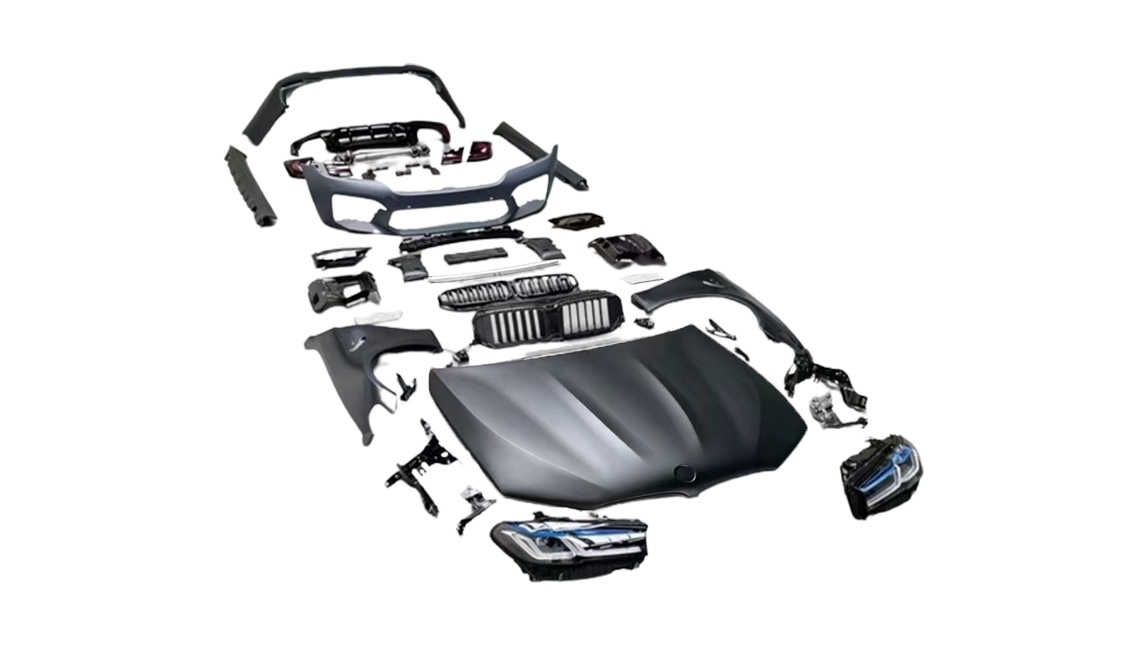 Service>Rapid prototyping of molds
Service>Rapid prototyping of moldsRapid tooling, also known as prototype molds and soft molds, it is a processing method that simplifies the structure of the mould, use ordinary steel and high quality aluminum alloy as mold material, produce products by injecting thermoplastic raw materials.
After a long time of theoretical research, repeated tests and technical precipitation, SEAL selected aluminum 6061/7075 as the main material for rapid tooling, in order to satisfy to the needs of global customers for small batch production in a way of higher production efficiency, lower processing costs, and easier adaptation to changes in engineering.
Whether you need one piece, several pieces, dozens of pieces or hundreds of pieces, SEAL can realize your pursuit of quality standards for quantitative products in a short period of time and at a low cost through rapid tooling and help you speed up the development and promotion of your products to seize the market opportunity.


5-10 times faster machining speed
Aluminum has excellent processing performance, small chips, less burrs, fast CNC feed speed, machining and EDM speed is 5 to 10 times faster than steel. This significantly shortens the mold making cycle of aluminum molds.
Cooling time shortened by 20%-50%
Aluminum mold cavity's thermal conductivity and cooling speed is nearly 5 times faster than steel mold, and its products can be injection molded without cooling channels, simplifying the mold processing process, shortening the molding making cycle and reducing production costs. Its superior thermal conductivity and cooling properties also make the injection molding cycle of the product shorter.
Improve product dimensional stability
Aluminum alloy molds can evenly dissipate heat, providing a more stable mold temperature, ensuring dimensional stability of the mold, reducing product warping and deformation, and avoid the poor quality of the products in the injection molding process.
More flexibility in designing and changing molds
Aluminum mold cores/cavities and inserts are more flexible and easier to machine than steel. Repeated design changes or creation modifications are usually less cumbersome and have a lower cost impact.
Available materials: injection molding grade: ABS, PC, PP, PE, HIPS, PBT, etc.

